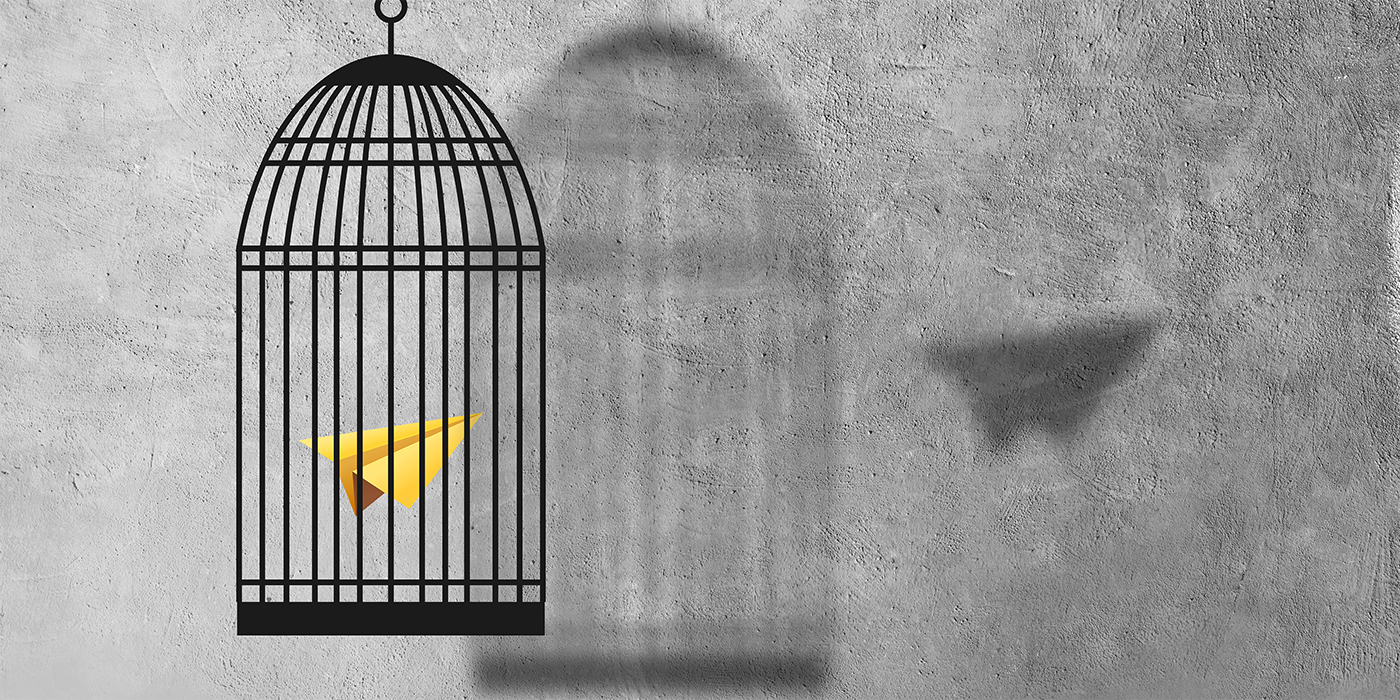My husband and I were talking about intimacy recently. We agreed that intimacy must be based in truth, and that I need to be totally honest (without gory details) about the big stuff.
But as a warning to anyone desiring total honesty: Sexaholics Anonymous (3, “A Caution”) talks about disclosure. Read it first! We addicts should not make the decision to disclose on our own, and it should not be done when we aren’t sober.
In my case, after sinking to astonishing new lows, I was lucky enough to land in a treatment facility for sex addicts. During “family week,” I was required to make a full disclosure to my husband about my behavior. He went to a few classes on addiction and learned how the addict is the most visible part of a dysfunctional family system. He also attended an orientation class about what to expect during disclosure. But there’s no amount of preparation that can lessen the pain of betrayal our spouses feel when we tell them the truth.
The experience of the treatment staff was that people who didn’t make a full disclosure didn’t recover. They said that recovery has to be based on honesty and that we addicts could not afford a lie in our most intimate relationship. We could choose to participate or not, but they would not collude in lying to a spouse by helping with a partial disclosure. Besides, as the staff pointed out, our spouses have the right to decide if they want to be with us. Our fear that they might be hurt and angry enough to leave us does not give us the right to manipulate them into staying. It’s not a loving or respectful thing to do.
The four or five minutes of my disclosure was without a doubt the most painful thing I’ve ever done. Even with counselors there, it was much, much worse than I expected. I was stunned at how deeply my husband was hurt. A counselor led him to another room and sat with him while his world shattered. He says now that the rest of the day was a blur, most of which he can’t remember. In the evening he did some reading in a well-known book on sex addiction. He couldn’t sleep.
Sometime in the middle of the night, while he was walking in the parking lot of the hotel, things clicked and he got it: It’s not about him. The stuff I did is not about how good he is in bed, his looks, the amount of money he makes, how well he listens, his weight . . . none of that. It’s about me being sexually compulsive and misusing my sexuality to deal with life. Nothing I did was his “fault,” and I was trying to learn how to live a different way. That gave him some hope that things could change.
But regardless of what I did, at least now he knew the truth, and could decide where he wanted to go from here. He decided he’d like to try to stay together to see if we could make our marriage work. We’ve definitely been amazed, even though we are not half way through. I wish we could have gotten here with less pain, but I’m glad we’re here.
The recommendation from the treatment staff for when we went home was that any loss of sobriety had to be disclosed to our spouse. Lapses had to be disclosed too—things like googling a former acting out partner, or cruising past an adult bookstore. I’ve had two lapses (not losses of sobriety) in the last year and a half and—for all this blather here in my story—I was too ashamed and too scared to tell my husband. If I hadn’t had good help, I would definitely NOT have disclosed my lapses to him, rationalizing that I was sparing him from unnecessary pain. But that would have been the beginning of living a lie again, and that’s not a road I can afford to take. But again, if I hadn’t had good help from a sober sponsor, a strong group, and a certified sex-addiction therapist, I would have done the wrong thing. And even with all that great help, if I wasn’t in a “fit spiritual condition” I wouldn’t have listened.
Both times, my husband was hurt. But he understands the disease of addiction, and he has compassion for how difficult recovery can be. I have a lifetime habit of misusing my sexuality and only a year and a half or so of sobriety. Knowing that it isn’t about him, that he can’t save me, and that he can and will make choices to protect himself really helps. He knows that if I start acting out again, he will leave me. That’s scary for me, but it’s been a huge comfort to him. He knows that whatever happens, he can live a happy, meaningful life without being married to me. He stays with me because he loves me. It’s his choice. He doesn’t have to be afraid that I will take him on a ride through hell anymore, because he can stop the train and get off before it goes over the cliff.
Disclosure, as painful as it was, helped rebuild the trust that’s necessary in my marriage. My husband has experienced that I will be honest about my behavior because I have disclosed my lapses. Because I worked the Steps and stayed honest, I did not go on to lose my sobriety. There’s no doubt that sobriety is the most important thing in my life. Losing sobriety would be kind of like losing oxygen: nothing much good is going to happen after that.
Barb R., gratefully recovering sexaholic, s.d. 6/17/06






